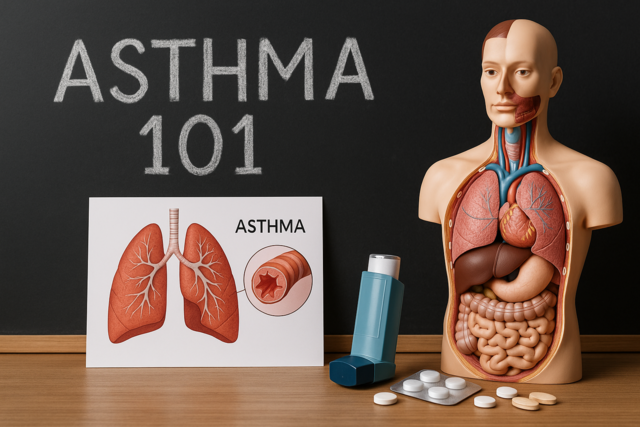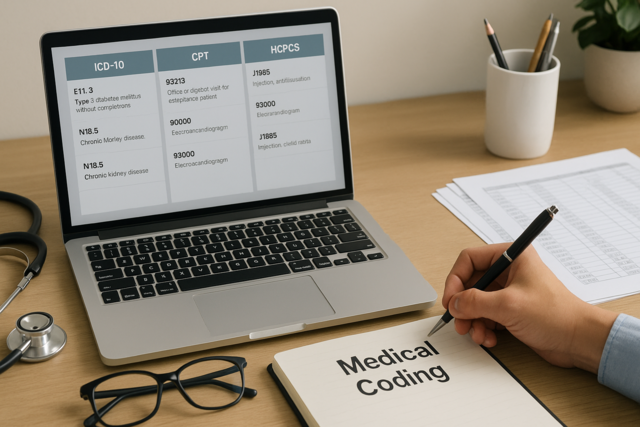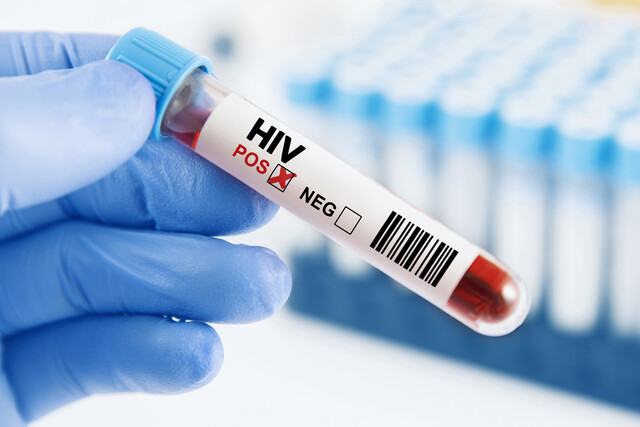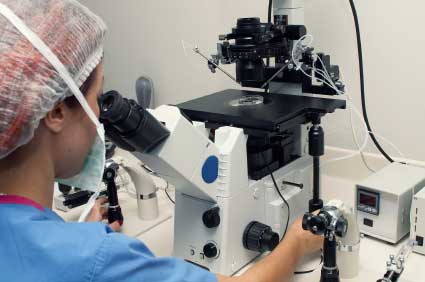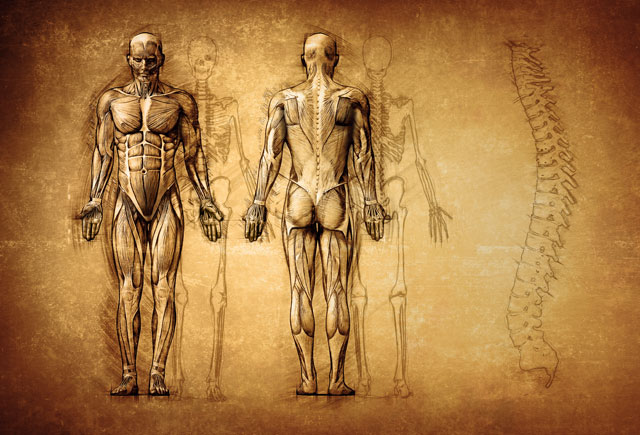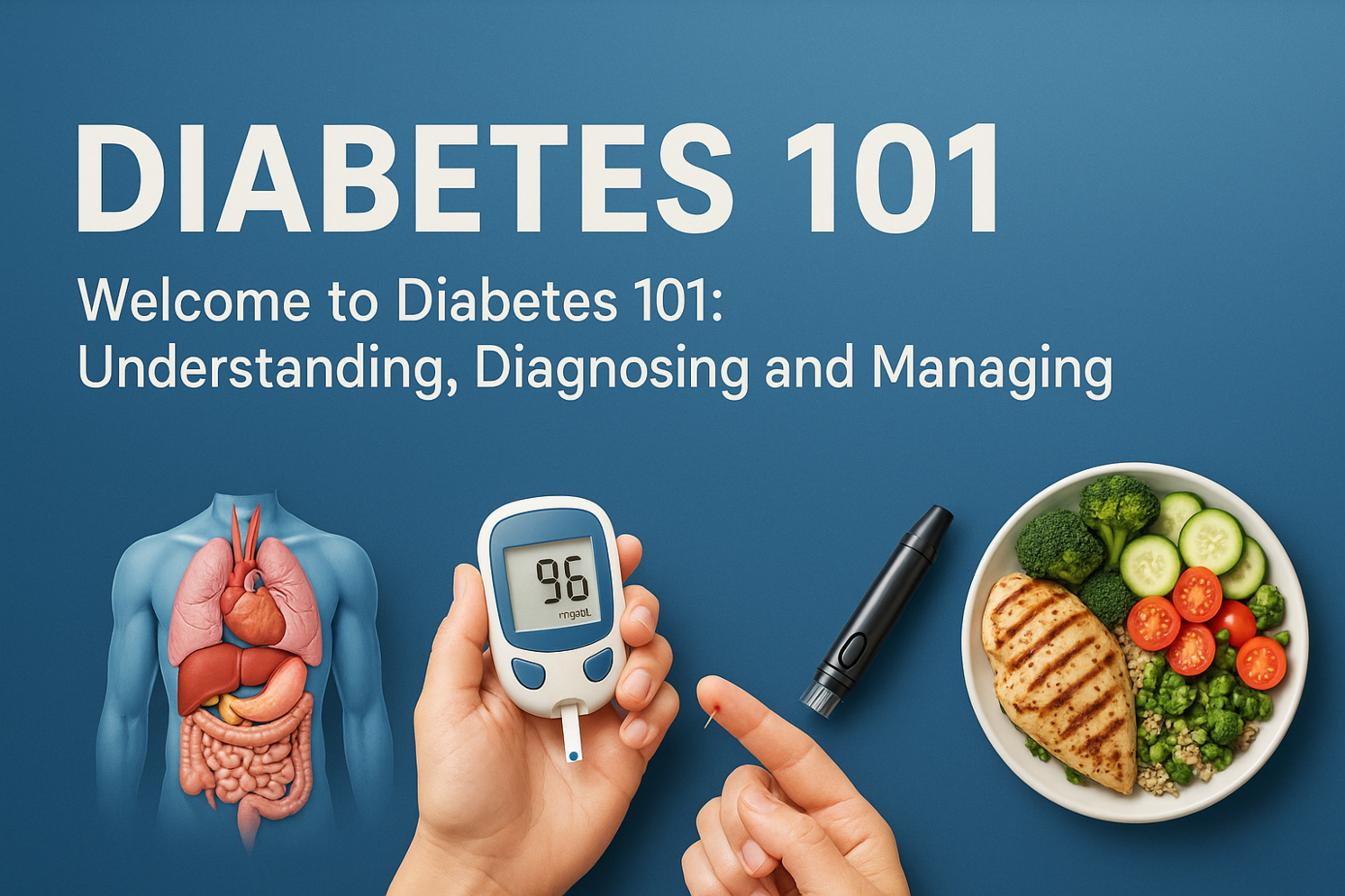In the fast-paced world we live in today with its electronic integration, the process of gathering and storing information is an inescapable reality. When one considers that every time a patient is admitted into a healthcare facility, a recorded history is either originated or amended, it then becomes clear that gathering and storing that information is vital to the patient's care and the healthcare facility's ability to render the correct services and be remunerated accordingly. With more and more people going through the healthcare systems, an easy to retrieve patient history, or record, is vital to giving the best medical attention.
The information collected will come from the patient, the physician, any therapists that may be involved, any hospital the patient as been admitted into, as well as a variety of other sources. This information must be collected and entered in an orderly, easy-to-read manner. As in every area of healthcare, accuracy of entering the data is of paramount importance.
QUALIFICATIONS
In most cases, the Health Information Technician will be expected to have a minimum of an associate degree, preferably in some area of medical administration. Like all the other employees in medical administration, the Health Information Technician will need to be familiar with medical terms and procedures. Good reading skills are essential along with a high level of computer ability. The HIT will also be a well-organized person with the ability to multi-task a decided plus.
DUTIES AND RESPONSIBILITIES
Medical records and health information technicians will have varied duties, depending on the size of the healthcare facility where they work. In larger healthcare offices the HIT may specialize in one area of health information and supervise health information and medical records clerks.
In using software to assign patients to a diagnosis related group (DRG), the HIT can determine how much of the medical treatment will be reimbursed by insurance companies and government health programs such as Medicare and Medicaid. In other coding systems, the information is aimed at ambulatory settings or long-term care arrangements.
The accuracy of medical records coding, collection, and entry is of the greatest importance and the HIT is responsible for seeing that medical records are current and without error. The HIT will be responsible for noticing anything that appears to be an irregularity, pointing it out to he proper healthcare provider, and following up on necessary changes.
EDUCATIONAL REQUIREMENTS
The norm for minimum education for HITs is at least an associate degree from a two-year institution of higher learning. In addition to the general education coursework, the transcript should show studies in medical terminology, anatomy and physiology, legal aspects of maintaining health information, coding and collecting medical data, statistics, database management, and computer science. Medical health information clerks may sometimes be promoted to HIT after four years of experience and completion of in-house training programs. Preference in hiring is given to those who are Registered Health Information Technicians (RHIT). In order to become registered a written test must be passed and minimum education of an associate degree is held.
Advancement for HITs usually comes by either specializing or managing. After acquiring on the job experience, coders and registrars may take a test to become certified which may lead to advancement as a Health Information Technician.
In larger healthcare related departments, experienced HITs may advance to become supervisors of a section. Those experienced HITs with RHIT credentials stand a chance of becoming a director or assistant director in smaller facilities; however, in larger operations, the minimum requirement is usually a bachelor's degree in medical records and health information administration.
The payoff for those HITs who earn higher degrees is bright for the future where they may work in hospitals, physicians' offices, nursing care facilities, outpatient care facilities or in home healthcare institutions. This position is predicted to have major growth through at least 2014.
The importance of the HIT centers on both the correct delivery of patient services, the prompt payment for those services, and the increasing scrutiny of medical health records by insurance companies, government agencies, regulators, the courts, and consumers. Federal legislation has mandated the use of electronic patient records.
WORK ENVIRONMENT
The work environment for HITs is expected to be comfortable, well-lighted, and climate controlled. Computers and other equipment are kept up-to-date and are well maintained. The social environment includes association with other medical healthcare professionals.
COMPENSATION
Earnings for HITs range from $23,720 to $48,760 in annual compensation.
SUMMARY
In looking at the Health Information Technician position, it is clear that this is a very responsible job that requires both intelligence and education. It is a fast growing field that offers excellent opportunity for advancement. Because of legalities faced by medical health service providers, the work of the HIT is critical and must be timely and error free.





